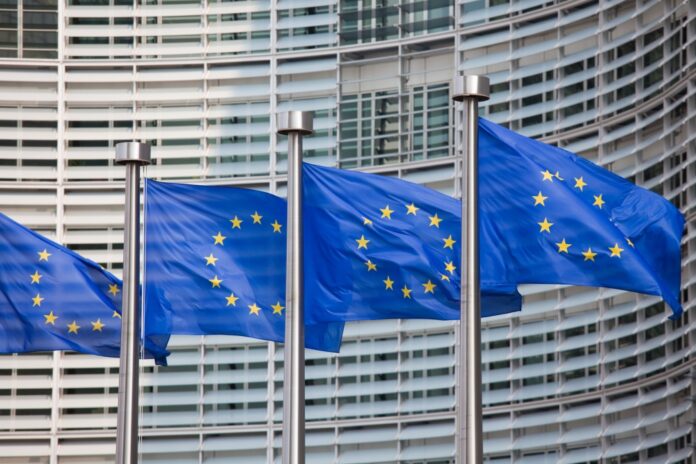The European Commission (EC) believes data’s value is too often concentrated in the hands of a few mega-corporations
The EC’s new proposal for a Data Act is published today – 23 February 2022 – with the aim of addressing the low level of trust in data sharing, conflicting economic incentives and technological obstacles that it has identified as holding back data-driven innovation.
Law firm Bird & Bird describes it as “horizontal” regulation to facilitate better data portability, fair access to data and interoperability, adding, “The proposal is designed to encourage fair business-to-business, and business-to-government exchange of data, as well as vice versa”.
Among other things, the proposed Data Act sets out rules for;
• Obliging manufacturers and designers to design products that makes data easily accessible;
• Ensuring that a data holder that shares data with another organisation does so on a fair and non-discriminatory basis, and that any compensation is reasonable;
• Fairness which is a somewhat nebulous concept, so an ‘unfairness test’ will be introduced that relies on a general provision defining unfairness of a contract term for data sharing, complemented by a list of clauses deemed to be unfair;
• A new framework that will give public sector bodies and Union institutions free access to data held by enterprises in cases of “exceptional need” like public emergencies, pandemics or other disasters;
• Minimum regulatory requirements to be imposed on providers of cloud, edge and other data processing services to enable switching between such services;
• Future Commission Implementing Acts to improve interoperability and compliance with essential requirements for the use of smart contracts;
• Safeguarding against potentially unlawful third-party access to data processing services offered on the EU market;
• Recommendations by the EC for voluntary model contract terms on data access and use;
• Clarification of the Database Directive to spell out that databases containing machine-generated data are excluded from protection of the sui generis right;
• The adoption of delegated acts to introduce a monitoring mechanism for switching charges imposed on the service providers’ market for data processing.
This initiative will have implications for a range of industrial sectors and is part of the EC’s data strategy, following on from the recent adoption of a Data Governance Act.
Will it succeed? John Strand of Strand Consult argues at the GDPR regulation did more harm than good, stifling smaller companies, and that Big Tech can reinvent itself and evade regulation faster than the Coronavirus mutates.



